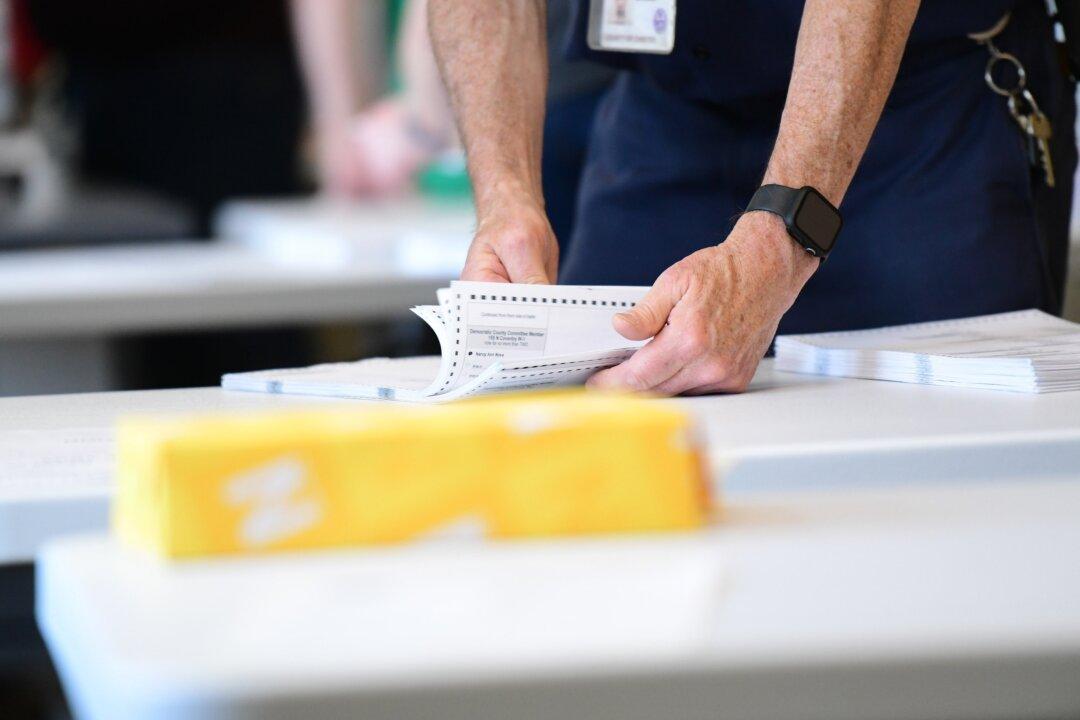State law does not prevent election officials from counting provisional ballots from voters whose mail-in ballots were rejected, a Pennsylvania court ruled on Sept. 5.
Two Commonwealth Court judges said election law “does not prohibit counting electors’ provisional ballots,” deciding in favor of two voters in Butler County.





